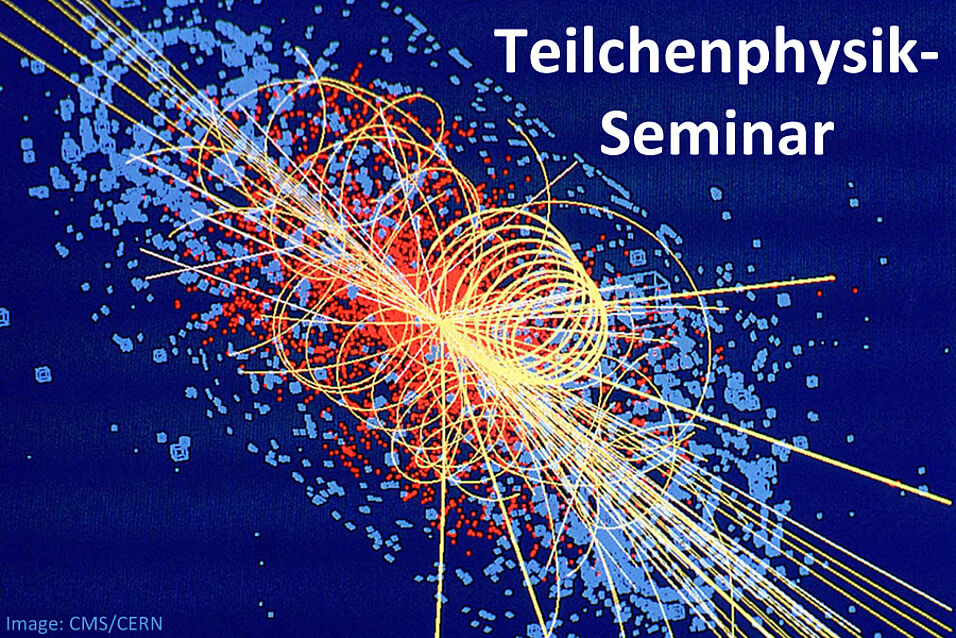Collider experiments will achieve percent level precision measurements of several processes key to answer some of the most pressing questions of contemporary particle physics. In this talk I will show that the capability to predict and describe such observables at next-to-next-to-next-to-leading order (N3LO) in QCD perturbation theory is crucial to fully exploit these experimental measurements.
I will describe how to compute differential distributions via EFT-based subtraction methods and illustrate the calculation of the N3LO TMD and N-jettiness beam functions. These constitute the last missing ingredients for extending these techniques to N3LO for processes such as Higgs production in gluon fusion and Drell-Yan, and a key element for the application of these techniques toprocesseswith jets in the final state at this order.
Finally, I will present the determination of the rapidity anomalous dimension (Collins-Soper kernel) to N4LO. I will employ it to carry out the resummation of the Energy-Energy Correlation at N4LL (the first resummation for an event shape observable at this level of accuracy) and discuss its application to obtain predictions beyond N3LO for LHC processes.
Gherardo Vita (Cambridge): Precision Standard Model Phenomenology at N3LO and beyond
Location:

